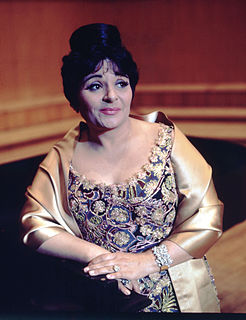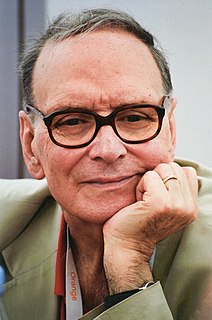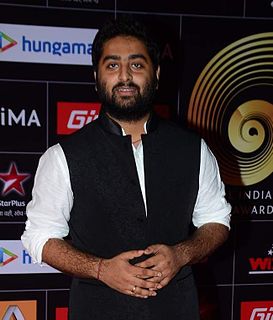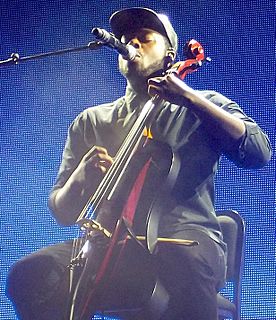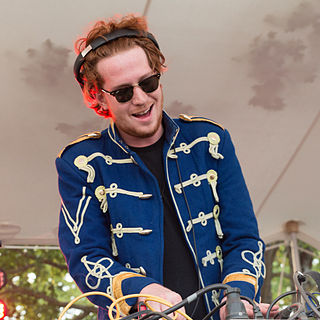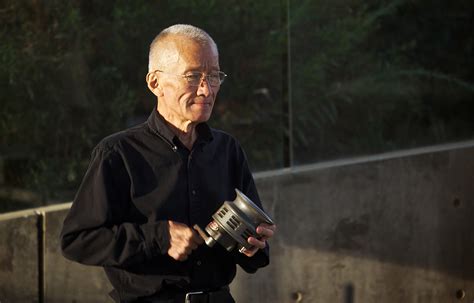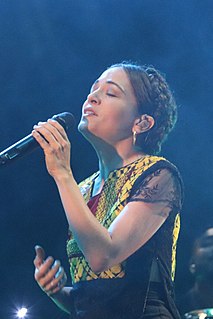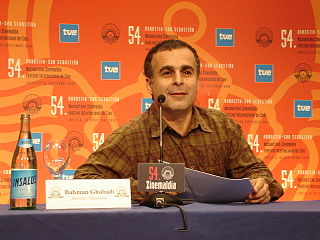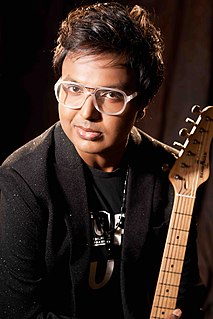A Quote by E. L. Doctorow
Books are acts of composition: you compose them. You make music: the music is called fiction.
Related Quotes
I'd been making music that was intended to be like painting, in the sense that it's environmental, without the customary narrative and episodic quality that music normally has. I called this 'ambient music.' But at the same time I was trying to make visual art become more like music, in that it changed the way that music changes.
I got into one of the Scottish classical styles called piobaireachd, which is a very old music that started around the 1700s or something. I really got into this music. After that, I started to compose bagpipe music in my notations. Then I started building bagpipes by myself, and then I started to perform with the instrument myself in the 1980s.
Improvising is writing, too - there was no music and now there's music. So that's composition. And any time you take any sort of a performance liberty, you're making a compositional choice. I don't know a serious performer who hasn't made compositional decisions, who hasn't engaged in the art of composition.

